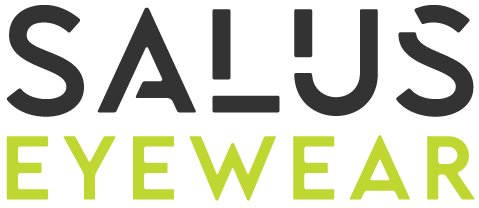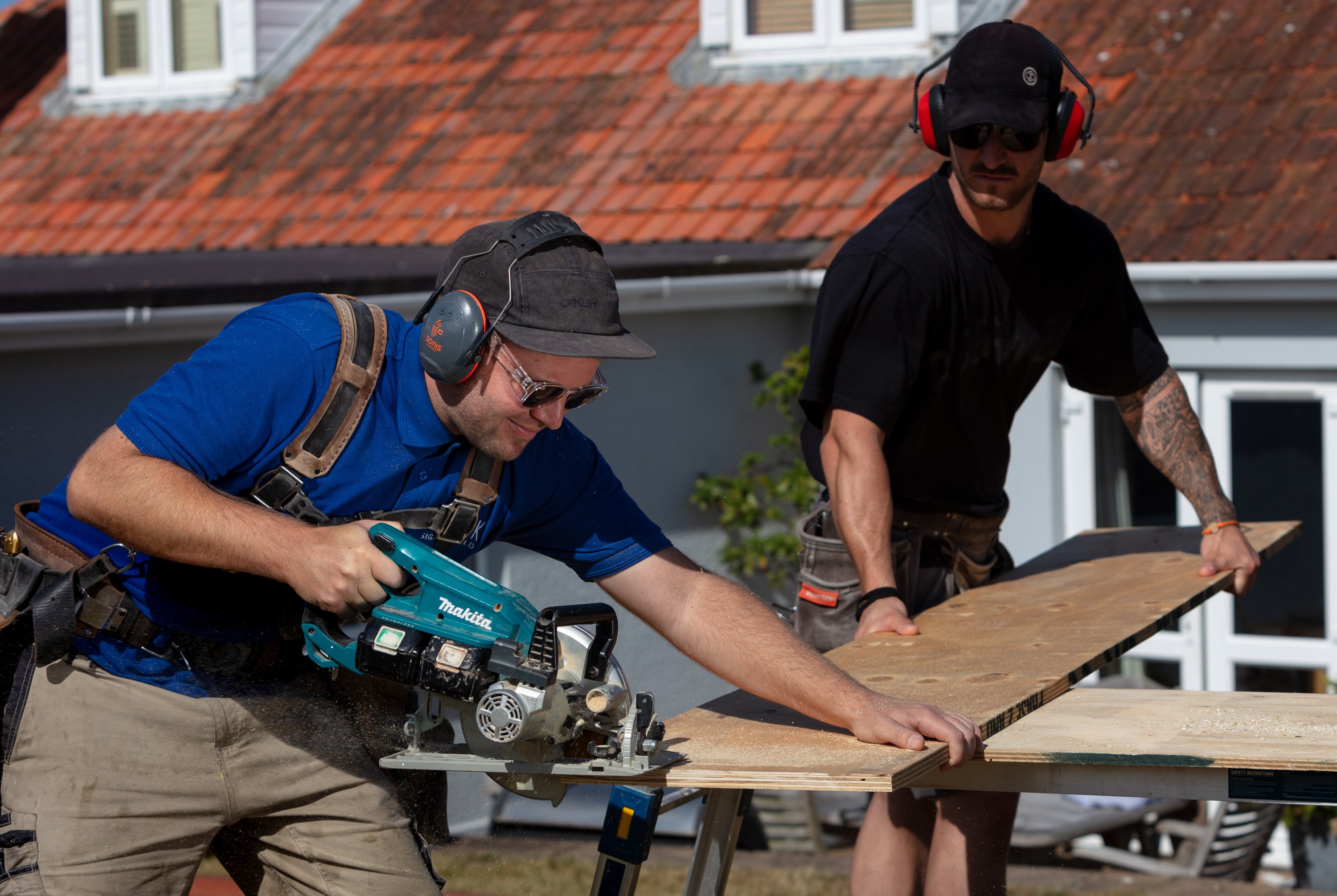Introduction:
In today's demanding environments, protecting workers' safety is paramount. One crucial aspect often overlooked is eye protection. The EN166 standard plays a pivotal role in ensuring that safety eyewear provides adequate safeguards against a range of workplace hazards.
Understanding EN166:
EN166 is a European standard that outlines the specific requirements for personal eye protection. This standard ensures that safety glasses and goggles offer reliable protection against various hazards, including impact, chemical splashes, dust, and radiation. The standard evaluates both the frame and lenses of the eyewear to guarantee they meet stringent performance criteria.
Safety glasses adhering to EN166 undergo rigorous testing for optical clarity, impact resistance, and durability. They are categorized based on their intended use, with distinct markings indicating their level of protection. For instance, glasses marked "F" can withstand low-energy impacts, while those marked "B" are designed to resist medium-energy impacts.
The Importance of Safety Glasses:
Eye injuries are a common occurrence in many workplaces, from construction sites to laboratories. Numerous safety reports indicate that thousands of eye injuries occur annually, many of which could be prevented with proper eye protection. Here's why safety glasses are indispensable:
Protection from Debris and Particles: In environments involving cutting, grinding, or drilling, flying debris and particles pose a significant risk to the eyes. Safety glasses act as a shield, preventing these hazards from causing injury.
Chemical Safety: In laboratories and chemical plants, splashes from hazardous substances can result in severe eye damage. EN166-compliant goggles offer protection against such chemical splashes, safeguarding workers handling dangerous materials.
UV and Radiation Protection: Certain industries expose workers to harmful UV rays and radiation. Safety glasses equipped with appropriate filters can shield the eyes from these invisible threats, reducing the risk of long-term damage.
Regulatory Compliance: Using EN166-certified safety glasses helps employers comply with health and safety regulations. This not only ensures the well-being of employees but also protects companies from potential legal issues.
Salus Eyewear Safety Glasses: Salus Eyewear is a new brand in the field of safety glasses, with its stylish high-quality products that meet relevant stringent safety standards. Their safety glasses are certified to EN166 under various categories, including "F" for low-energy impact resistance, "T" for impact at extreme temperatures, "K" for anti-scratch, and "N" for anti-mist. This certification ensures that Salus Eyewear provides reliable protection against a wide range of workplace hazards, making them a trusted choice for many industries.
Conclusion:
The EN166 standard is a cornerstone of workplace safety, providing a benchmark for the quality and effectiveness of safety glasses. By understanding and implementing this standard, employers can significantly reduce the risk of eye injuries and create a safer working environment for their employees. Investing in high-quality, EN166-compliant safety glasses, such as those offered by Salus Eyewear, is not just a regulatory requirement but a crucial step towards safeguarding the vision and health of the workforce.



Share:
Pourquoi le port de lunettes de sécurité est essentiel : protégez vos yeux avec les lunettes Salus
The Crucial Role of Chartered Health and Safety Consultants and the Importance of Safety Eyewear